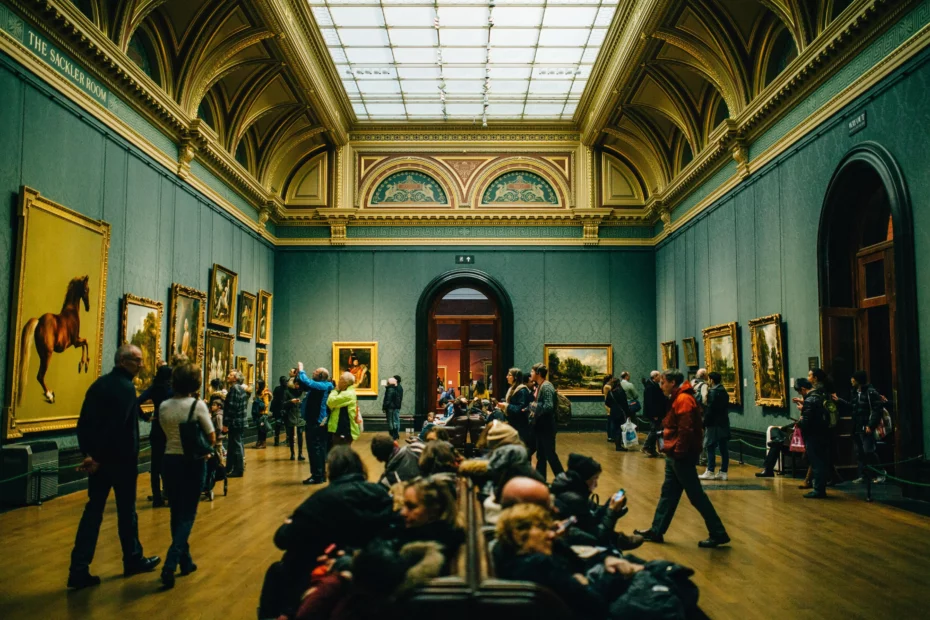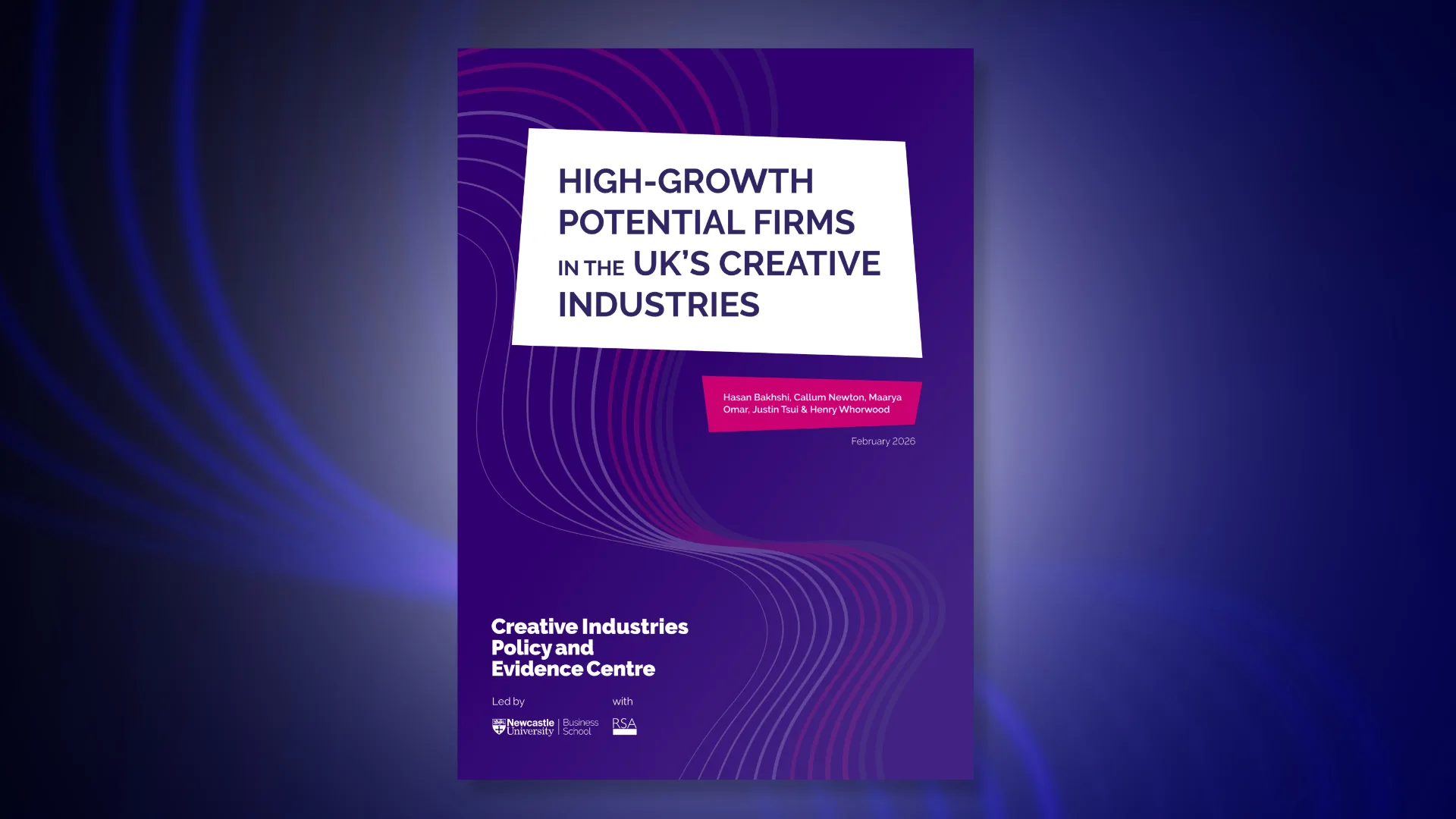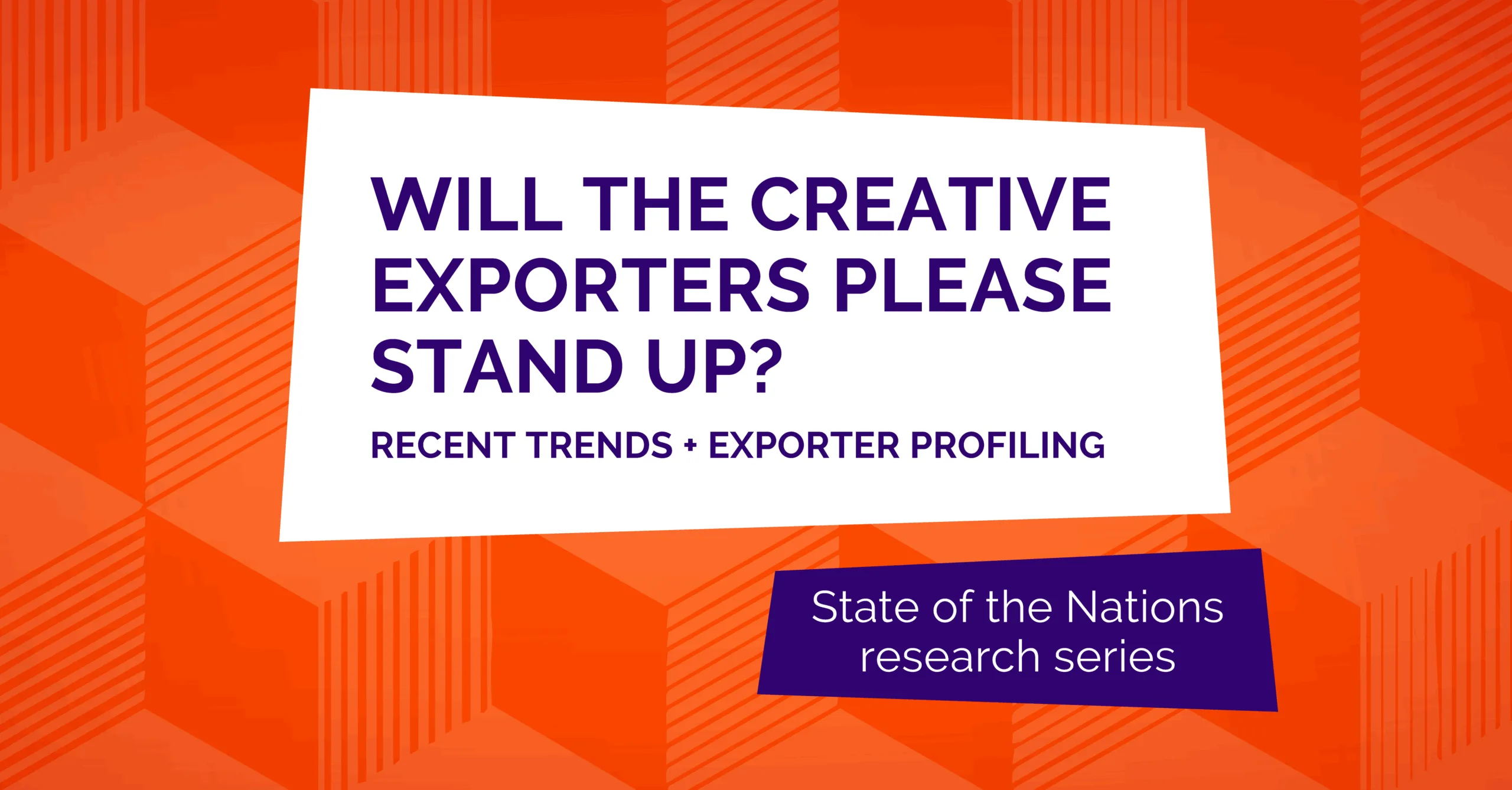We’re collaborating with the Centre for Cultural Value on a 15-month research project
We’re collaborating with the Centre for Cultural Value on a 15-month research project
Project overview
This national research project is exploring the impacts of COVID-19 on the cultural sector across the UK and highlighting the implications for policy making. Delivered in collaboration with the Creative Industries Policy and Evidence Centre (PEC) and The Audience Agency, the project will run for 15 months from 1st September 2020. Building on the extensive networks of policymakers and practitioners connected with the Centre for Cultural Value and the PEC, the study will provide a clear national picture and identify immediate and longer-term implications for policy and practice.
Led by Centre for Cultural Value Director, Professor Ben Walmsley, a national consortium of researchers and cultural sector partners will analyse existing datasets and conduct targeted new research on the impacts of the pandemic on cultural organisations, practitioners and audiences.
The research is funded by UK Research and Innovation (UKRI) Covid rolling call and issued through the Arts and Humanities Research Council.
Project summary
The social distancing measures implemented globally in order to slow the spread of COVID-19 have led to the closure of cultural spaces, the cancellation of cultural events and a suspension of community-based practice for cultural practitioners. COVID-19 is already having a devastating impact on the cultural sector, with jobs being lost and live audiences wary of returning. It is predicted that the impact of COVID-19 on the cultural sector will have long-lasting impacts, changing cultural practice and engagement as we know it.
Many cultural organisations and practitioners have responded rapidly by creating opportunities for cultural engagement within the digital space. There is thus an urgent need for learning relating to supply/demand of cultural activity in the digital space and whether the crisis will replicate, exacerbate or temper existing inequalities in cultural production/consumption both during the lockdown period, and after restrictions begin to ease.
While there have been attempts to measure the impacts of COVID-19 on the cultural sector it has so far been fragmented in nature. There is very little work which has examined the impacts of COVID-19 in depth across the range of organisations/practitioners who fall within the sector. This study addresses these gaps by offering a comprehensive mixed-methods analysis of the short, medium and longer-term impacts of COVID-19 on the cultural industries and their audiences and the implications for national and regional policymaking.
The overarching value of the project lies in discerning the impacts of the COVID-19 crisis on the cultural industries in a coordinated and nuanced way that highlights the challenges faced by cultural practitioners, organisations and audiences from different backgrounds, regions and art forms. Our analysis will engage with a representative range of organisations reflecting different sizes, scales, geographies and sub-sectors.
Via a rigorous mixed-methods approach, we will produce an independent overview of the impacts and implications of the current crisis which can be used to provide robust and credible evidence to inform policy planning and decision making in the short and longer term.
The research includes mapping and longitudinal tracking of the cultural sector over 15 months to assess the extent of change in the sector and to evaluate audience’s evolving cultural engagement conducted via a survey led by The Audience Agency.
Key activities
- Scoping, synthesising and appraising existing and emerging data – bringing together a fragmented approach through a meta-analysis to understand the impacts of COVID-19.
- Longitudinal tracking study of cultural consumption and attitudes towards cultural engagement after social distancing regulations are phased out.
- Case studies – detailed exploration of the impacts on specific organisations/practitioners and analysis of representative case studies.
- Policy engagement – discussions and outputs that will influence policy and help DCMS to deliver interventions to the right people at the right time to mitigate the impacts of COVID-19 on the cultural sector.
Core research questions
- What are the short, medium and longer-term impacts of COVID-19 across different subsectors of the cultural industries?
- How has cultural consumption and consumer behaviour changed in the short, medium and longer-term due to social distancing measures and the closure of cultural spaces?
- To what extent will the COVID-crisis perpetuate, exacerbate or temper inequalities relating to cultural production and consumption? How will this change how the cultural industries engage with audiences in the short, medium and longer-term?
- What have been drivers and effects of the immediate policy responses to mitigate the impact of COVID-crisis on cultural industries? How will the crisis impact policymaking as the sector emerges from lockdown? What are the implications of COVID-19 for future cultural policymaking and the broader creative economy?
Research team
- Dr Maria Barrett, University of Warwick
- Dr Danni Child, Manchester Metropolitan University
- Mr John Davies, Nesta
- Dr Abigail Gilmore, University of Manchester
- Dr Karen Gray, University of Leeds
- Mrs Sue Hayton FRSA, University of Leeds
- Dr Jenny Kidd, Cardiff University
- Dr Siobhan McAndrew, University of Bristol Dr Eva Nieto McAvoy, Cardiff University
- Dr Dave O’Brien, University of Edinburgh
- Dr Gwilym Owen, University of Sheffield
- Dr Mark Taylor, University of Sheffield
- Professor Ben Walmsley, University of Leeds
- Dr Harry Weeks, Newcastle University
- Dr John Wright, University of Leeds
Related News and Press
Creative Industries present huge investment opportunity
New research shows ‘high-growth potential firms’ outnumber both Life Sciences and Advanced Manufactu…
Bolster business and financial support for creative industries micro firms to achieve UK innovation and growth ambitions
New Creative PEC research suggests creative industries micro firms have a vital role to play in driv…
Back the creative industries to grow the economy, says new research showing creative firms are more likely to be innovators and exporters
New research finds a higher share of UK creative MSMEs are exporters compared with the rest of the e…



